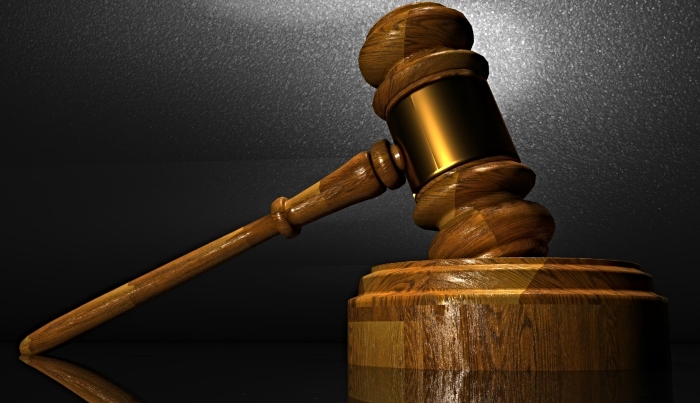
Today more than ever, solicitors specialise in particular areas of law.
The days when a local solicitor would deal with wills, divorces, buying and selling houses, and other matters are long gone.
Why it’s so important to choose the right solicitor
Although all solicitors study many areas of law during their training, once qualified, most will specialise in a specific field and build expertise in that area.
In the field of personal injury claims, solicitors may further specialise in specific types of injury claims, such as industrial disease, road traffic accidents, or claims involving spinal cord or brain injuries.
It is important to choose a solicitor with the right expertise for the type of claim being pursued.
Personal injury claims often rely heavily on expert evidence and barrister involvement, and a specialist personal injury solicitor will have the right contacts to help maximise the chances of success and ensure that any damages awarded properly reflect the extent of the injuries and financial losses.
Specialist solicitors will also ensure that all potential claims are included, such as future care costs, medical treatment expenses, and loss of earnings, which can significantly impact the overall amount recovered.
A thorough solicitor will always consider the worst-case scenario to ensure that the injured party receives full compensation should recovery not go as hoped.
In personal injury claims, there is typically only one opportunity to settle. It is crucial to get it right the first time, as returning for more compensation later is extremely rare.
Personal injury claims can take two to three years to conclude, sometimes longer in cases involving catastrophic injuries or children.
It is therefore vital to feel comfortable with and have confidence in the chosen solicitor, given the long working relationship that may develop.
A good solicitor will be approachable, explain matters clearly, and offer reassurance throughout what can be a stressful process. Choosing carefully at the outset can make all the difference.
How to make the right choice
1. Recommendations
Many people are introduced to solicitors through recommendations from friends or family. While recommendations can be helpful, it is still important to ensure that the solicitor has relevant expertise for the specific type of claim.
2. Recognition
Independent organisations such as the Law Society and the Association of Personal Injury Lawyers (APIL) recognise solicitors with proven expertise. These organisations vet applicants carefully, and can recommend specialists in local areas. Recognition, such as Senior Litigator status with APIL or firm-wide recognition from industry bodies, is a strong indicator of experience.
3. Affiliation
Firms that work with charities and support groups such as Headway, the Spinal Injuries Association, or Global Brain Injury Awareness are often highly experienced in specialist claims, showing an additional layer of expertise and commitment.
4. Contact a solicitor
Making an initial enquiry with a solicitor is usually free and does not commit an individual to using their services. Most firms offer free calls or face-to-face consultations (including video calls). It is wise to confirm whether the first meeting is free and to bring a trusted person along for support.
5. Ask questions
The first meeting is the time to ask any and all questions. A good solicitor will not mind taking the time to explain complex issues clearly and ensure full understanding. It’s better to ask questions early than to proceed without clarity or confidence.
Solicitors should also be upfront about potential challenges in a case. Be cautious of those who promise guaranteed outcomes or large payouts at an early stage, as predicting settlement amounts or timelines is very difficult in the initial phases.
6. Speak to more than one solicitor
It is entirely acceptable to consult multiple solicitors before making a decision. Building rapport and finding someone trustworthy is key. Until paperwork has been signed, there is no obligation to proceed with any particular firm.
7. Legal costs
The solicitor should explain costs clearly and plainly. Most personal injury claims are handled on a “no win, no fee” basis (Conditional Fee Agreements), and the solicitor will explain any contributions, such as a success fee, that may be deducted from the final damages awarded.
8. Making the decision
Once a decision is made, the individual will instruct the solicitor formally by signing paperwork that outlines the agreement. It is important to understand the commitment being entered into.
What if the wrong choice has been made?
If concerns arise during a claim, it is possible to change solicitors.
A new solicitor can advise on how to transfer the case and explain any costs or steps involved.
In most situations, the original solicitor’s fees will be dealt with between the two firms at the conclusion of the claim, and switching solicitors should not make the process more expensive for the injured party.


















Recent Comments